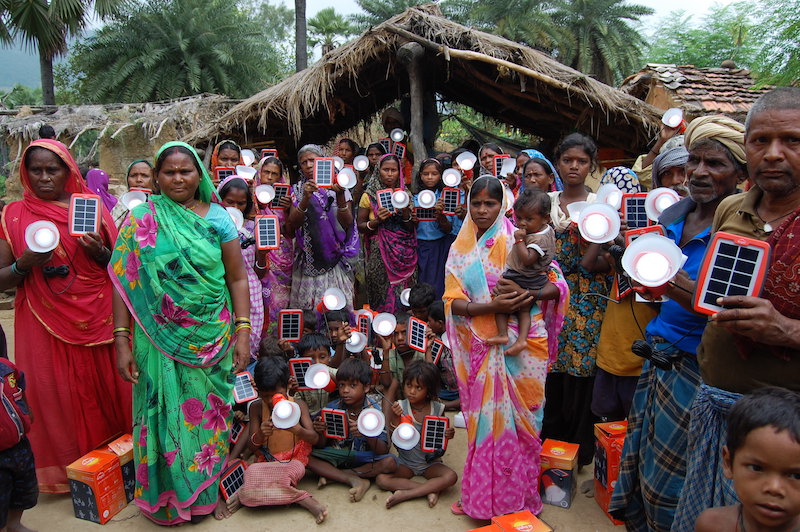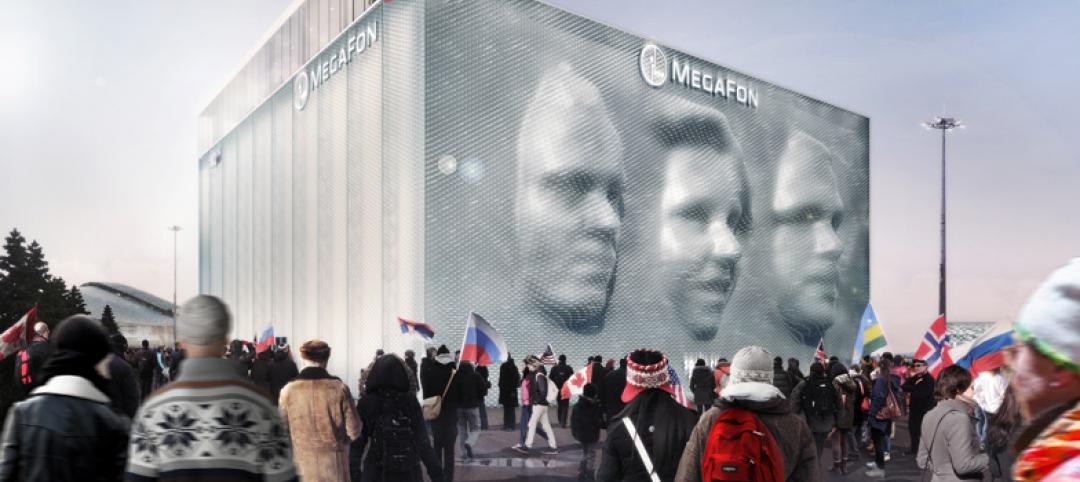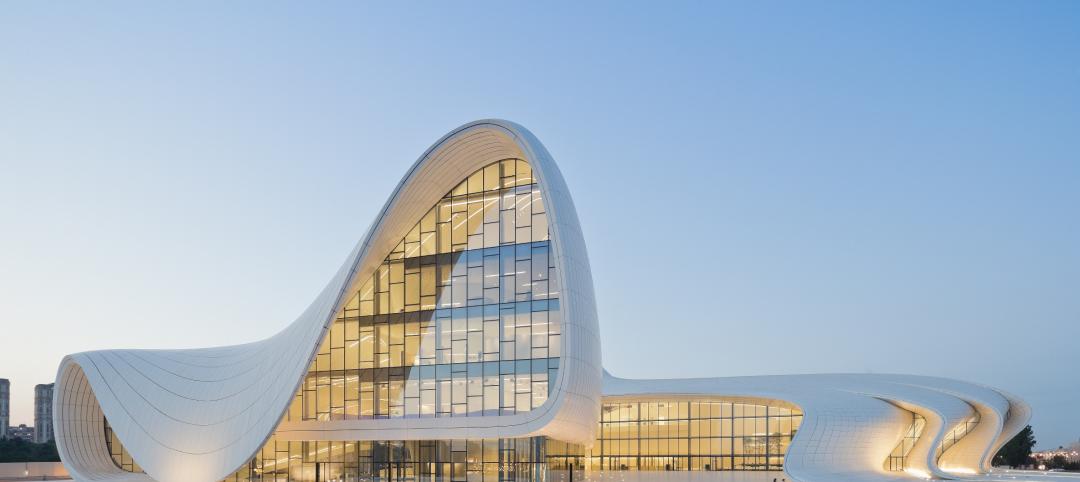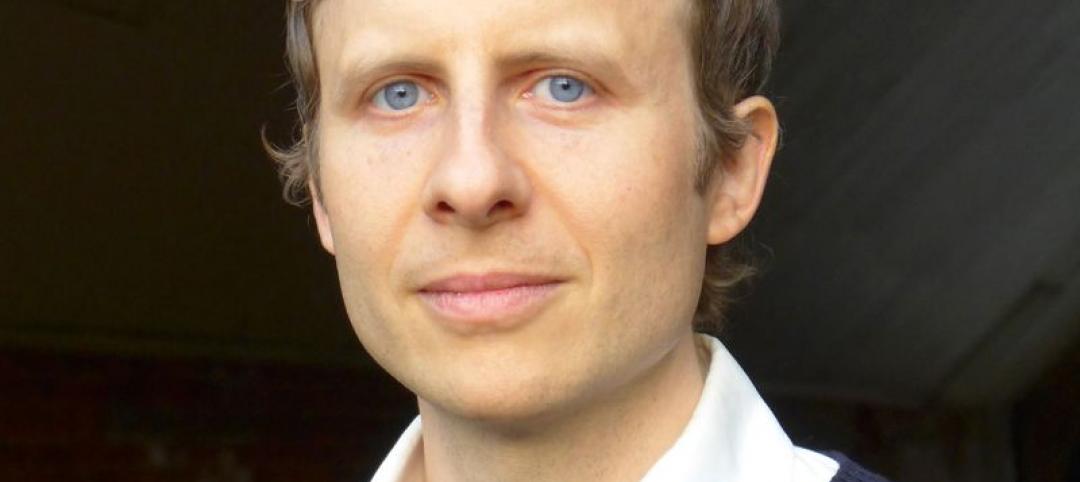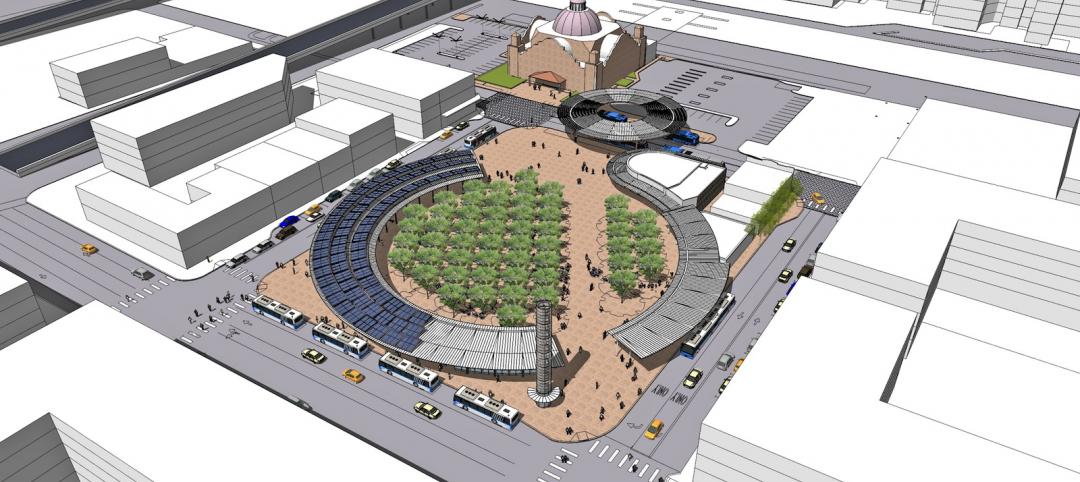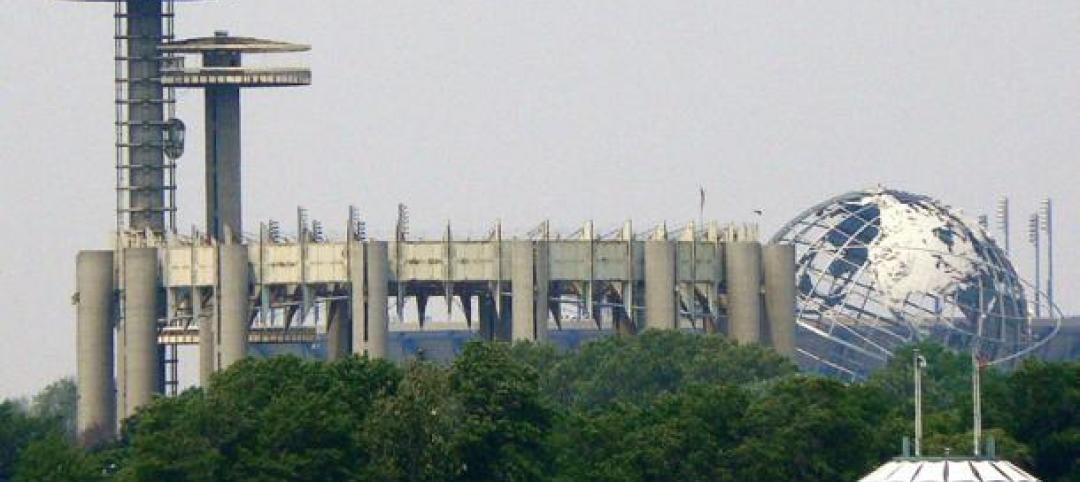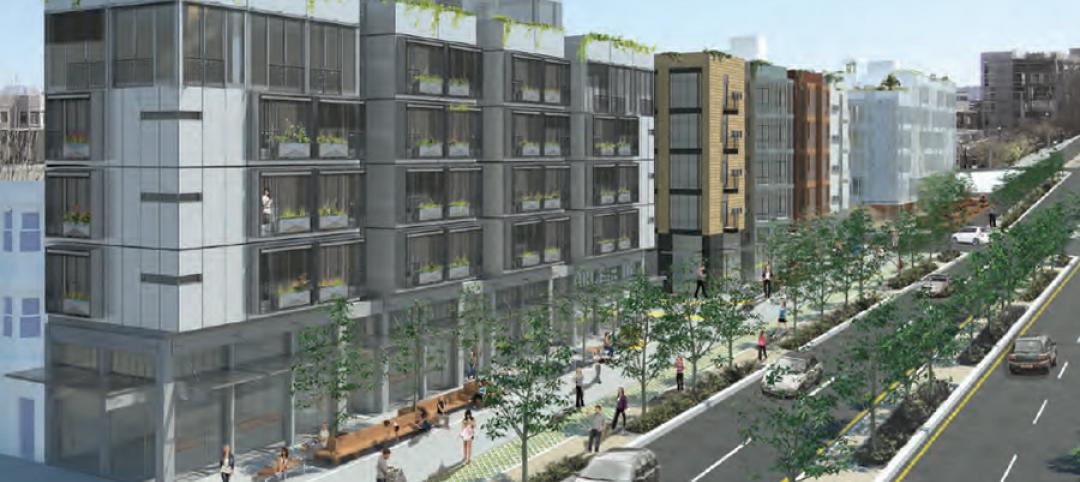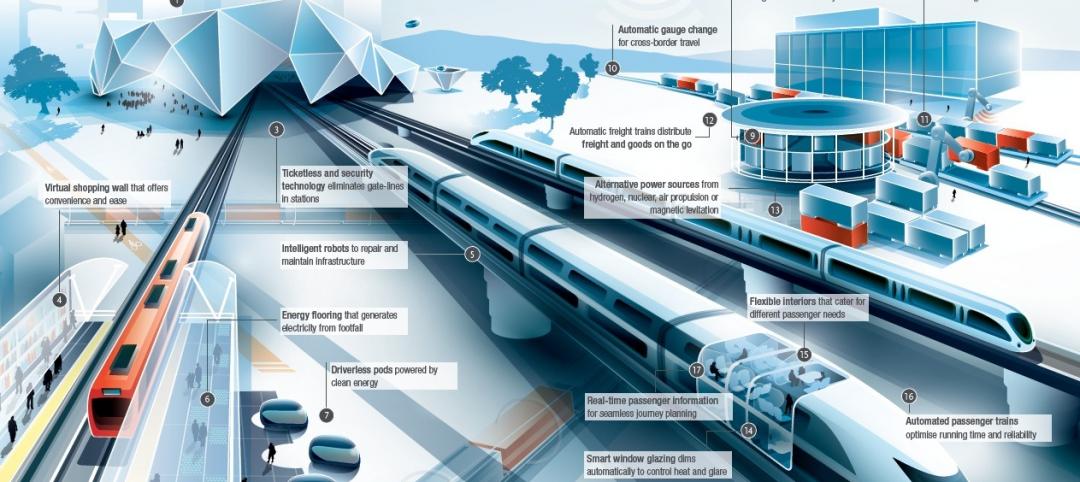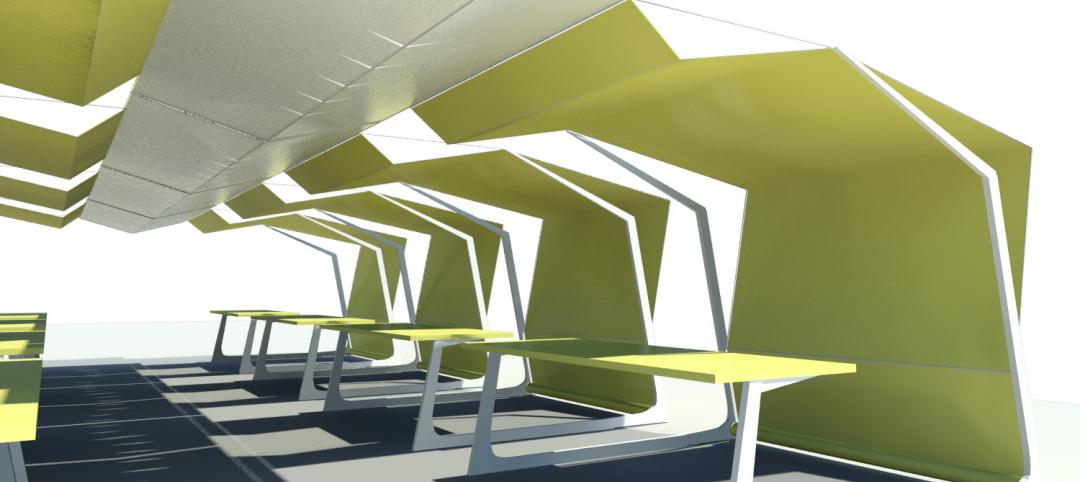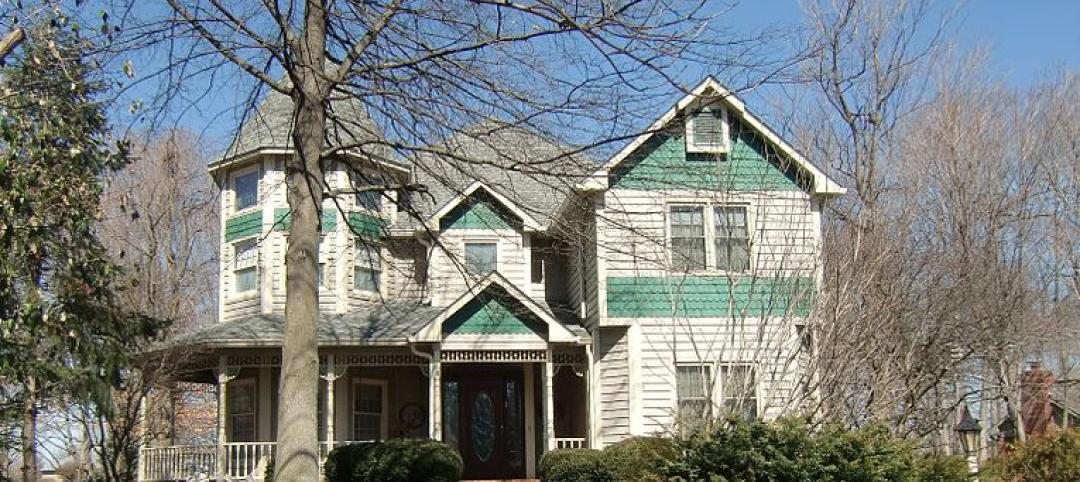AEC firms always talk about how they want their work to “change the world.” One firm, AECOM, is taking corporate responsibility to another level by providing financial support that empowers its employees to tackle humanitarian, environmental, and infrastructure challenges around the world.
AECOM’s inaugural Blueprint Travel Grant program, which it launched last month, awarded 25 grants to support projects that range from the installation of solar-powered water purification systems, to the design and construction of educational facilities in rural communities. This impact initiative spans 15 countries, with the purpose of bringing lasting, scalable solutions to communities and people in need.
The countries include Cambodia, China, Ecuador, El Salvador, Ghana, Guatemala, India, Kenya, Malaysia, Nepal, Panama, Philippines, Tanzania, Thailand, and Uganda.
While AECOM did not disclose its financial commitment to this program, it did state that it is making donations directly to nonprofit partners, for specific campaigns or projects, “to champion our employees’ participation in a skills-based volunteer trip service,” says Brendan Ranson-Walsh, the firm’s Vice President of Global Communications and Corporate Responsibility.
Responding by email to BD+C’s questions, Ranson-Walsh says that this program is the “cornerstone” of AECOM’s corporate responsibility platform Blueprint for a Better World, which has three core pillars: opening doors, creating opportunity, and protecting tomorrow.
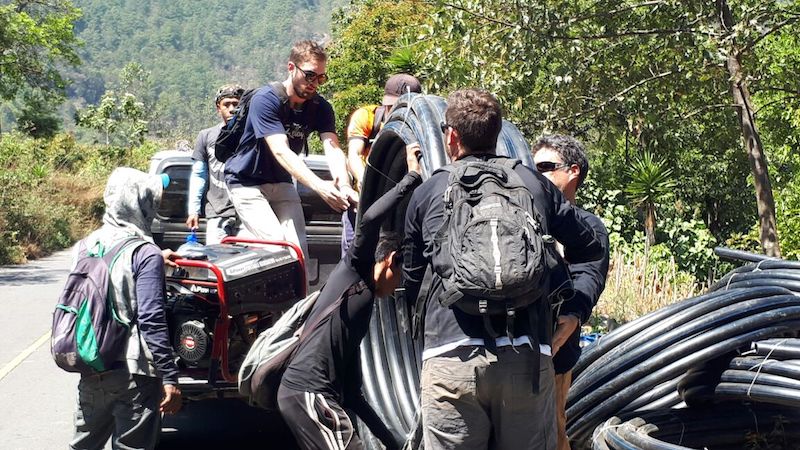
AECOM employees help load a section of pipe for transport to the work site in the nearby mountains in Chacayá, Guatemala, a small, Mayan village where coffee farming is the predominant industry. Weighing over 120 pounds each, the 100-meter rolls of pipe presented a significant challenge in hauling them up the steep mountain trail for installation. The community organized teams of 20 people to haul and install three-four rolls per day. Image: AECOM
Examples of the projects that AECOM’s employees are engaging, with the firm’s support, include:
•A team that’s partnering with Engineers Without Borders USA to design, engineer, plan, and construct a vehicular and pedestrian bridge for a Mayan community in Chimaltenango, Guatemala. The bridge would provide better access to the community, lower transportations costs, and improve medical response time for more than 1,200 residents.
•A team from 10 of AECOM’s offices in three countries is working with Building Humanity to construct a bakery for the Felix Family Village in Surat Thani, Thailand. That village supports orphaned and abandoned children, including those who have lost parents to HIV/AIDS. The bakery will provide food and extra income to the orphanage.
•Two AECOM employees are partnering with Engineers Without Borders Kenya to design and construct safe ecological sanitation facilities at the Inchuni Primary School in Kisii County, Kenya. The new facilities will address the school’s substandard and unhygienic sanitation infrastructure, and prevent the displacement of more than 500 students and faculty members.
“Through the transformational projects they deliver, our people are the driving force behind AECOM’s positive impact in communities around the world,” says Mike Burke, the firm’s Chairman and CEO.
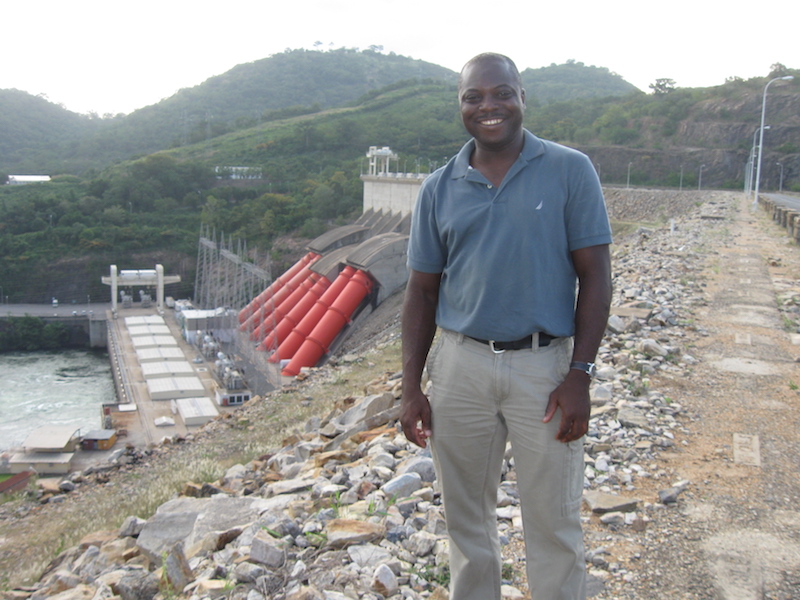
Edmund “Eddie” Doku, Project Engineer II, Design & Consulting Services, at a water and sanitation project in Ghana. Eddie has been volunteering with Engineers Without Borders USA since 2011. Image: AECOM
Related Stories
| Jul 1, 2014
Sochi's 'kinetic façade' may steal the show at the Winter Olympics
The temporary pavilion for Russian telecom operator MegaFon will be wrapped with a massive digital "pin screen" that will morph into the shape of any face.
| Jul 1, 2014
Zaha Hadid's flowing Heydar Aliyev Center named Design of the Year for 2014
The Design Museum's Design of the Year award has been awarded to Zaha Hadid's Heydar Aliyev Center. Hadid is not only the first woman to win the top prize, but the center is the first architectural project to win the overall competition.
| Jun 30, 2014
Autodesk acquires design studio The Living, will create Autodesk Studio
The Living, David Benjamin's design studio, has been acquired by Autodesk. Combined, the two will create the Autodesk Studio, which will "create new types of buildings, public installations, prototypes and architectural environments."
| Jun 30, 2014
San Antonio green lights multimodal transit center
The new 90,000-sf development will principally service San Antonio’s growing network of city bus and VIA PRIMO bus rapid transit service, including real-time arrival updates, as well as become an iconic public plaza for the city.
| Jun 30, 2014
Philip Johnson’s iconic World's Fair 'Tent of Tomorrow' to receive much needed restoration funding
A neglected Queens landmark that once reflected the "excitement and hopefulness" at the beginning of the Space Age may soon be restored.
| Jun 30, 2014
Research finds continued growth of design-build throughout United States
New research findings indicate that for the first time more than half of projects above $10 million are being completed through design-build project delivery.
| Jun 30, 2014
Narrow San Francisco lots to be developed into micro-units
As a solution to San Francisco’s density and low housing supply compared to demand, local firms Build Inc. and Macy Architecture each are to build micro-unit housing in a small parcel of land in Hayes Valley.
| Jun 30, 2014
Arup's vision of the future of rail: driverless trains, maintenance drones, and automatic freight delivery
In its Future of Rail 2050 report, Arup reveals a vision of the future of rail travel in light of trends such as urban population growth, climate change, and emerging technologies.
| Jun 30, 2014
4 design concepts that remake the urban farmer's market
The American Institute of Architects held a competition to solve the farmer's markets' biggest design dilemma: lightweight, bland canopies that although convenient, does not protect much from the elements.
| Jun 30, 2014
Harvard releases the State of the Nation’s Housing 2014
Although the housing industry saw notable increases in construction, home prices, and sales in 2013, household growth has yet to fully recover from the effects of the recession, according to a new Harvard University report.


